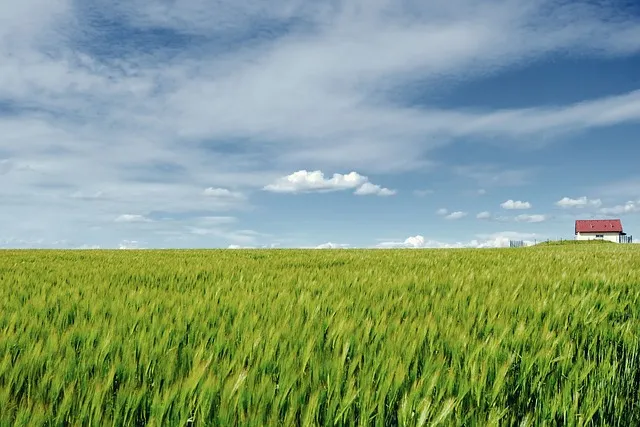Climate change is no longer a distant threat; it’s impacting farmers across the U.S. Midwest today. Shifts in weather patterns, extreme droughts, and unexpected frosts are challenging traditional farming methods. Understanding these changes and adapting accordingly is crucial for sustainable agriculture.
Changing Weather Patterns
Recent years have seen more frequent extreme weather events such as heavy rains followed by dry spells. This variability disrupts planting schedules and crop yields.
Soil Health and Water Management
To combat drought stress, many farmers are adopting water-efficient irrigation systems and cover cropping to improve soil moisture retention.
Crop Diversification
Some farmers are switching to more resilient crops like sorghum and millet, which better withstand heat and drought compared to traditional corn and soybeans.
Technology and Data
Precision agriculture tools — including soil sensors and satellite imaging — help farmers monitor field conditions and optimize input use, reducing waste and improving yields.
Conclusion
As climate change accelerates, American farmers must stay informed and flexible. Investing in new practices and technology is key to ensuring productive and resilient farms for the future.

